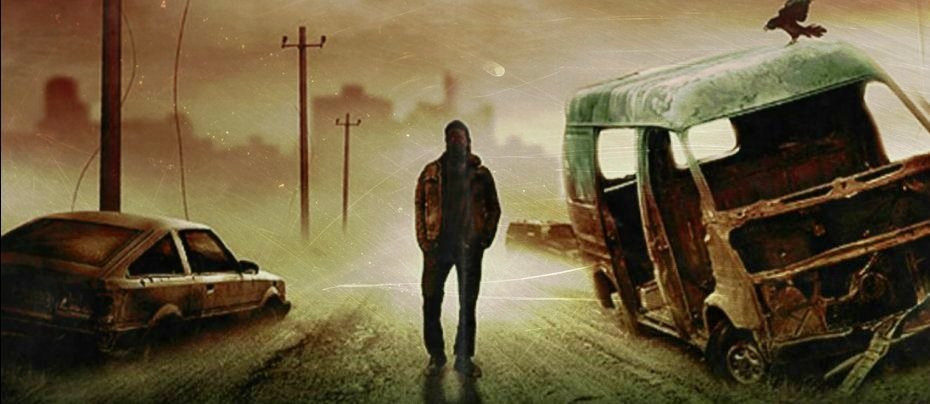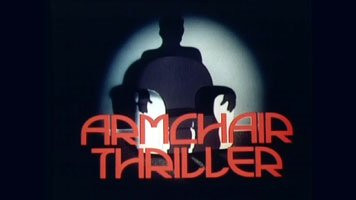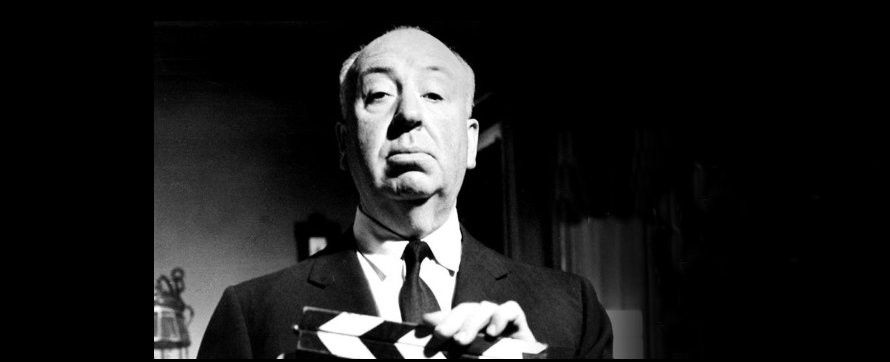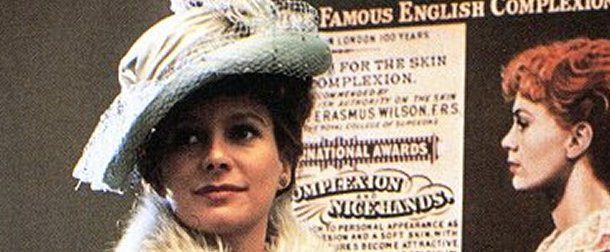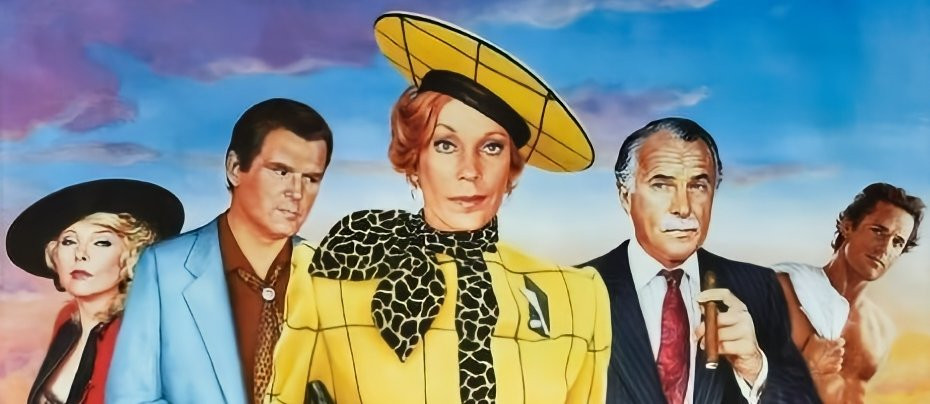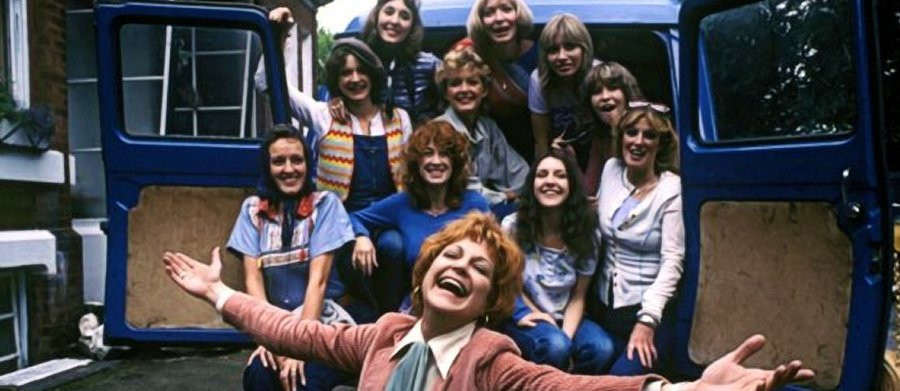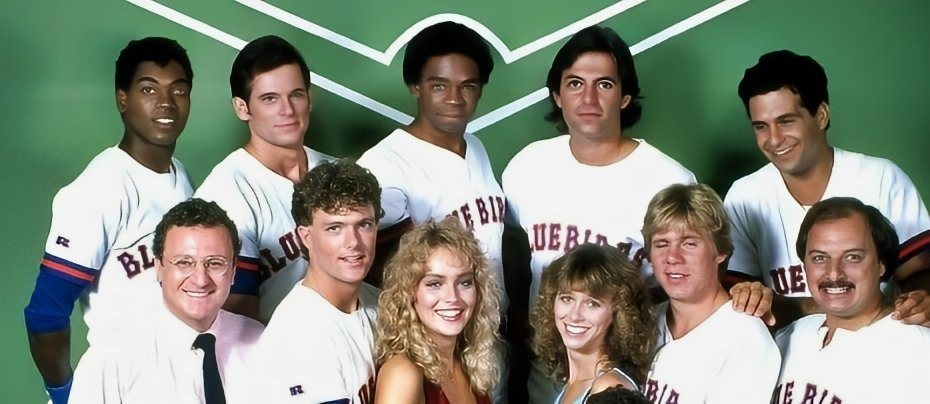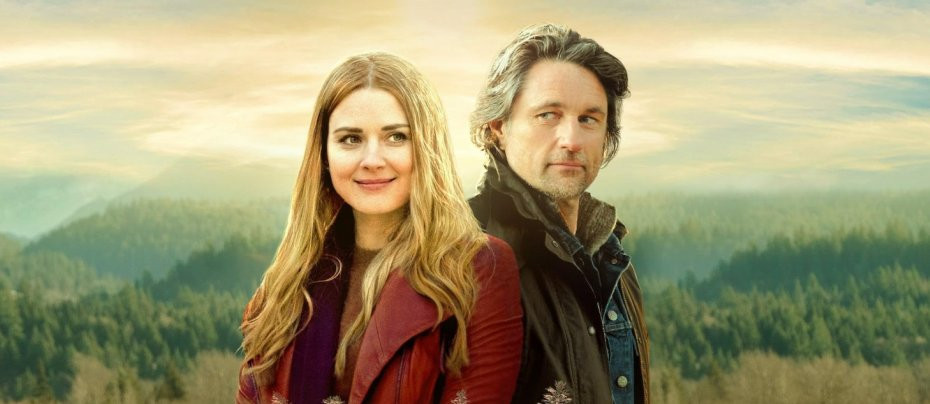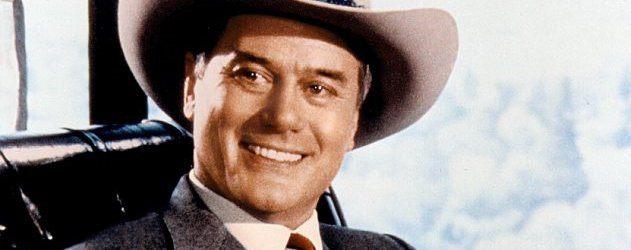
Dallas
1978 - United States1978 saw the birth of what was fated to be US television's first genuine super-soap. An increasingly outrageous mixture of shameless melodrama and immorality, based in a Texas where ten-gallon hat crowned egos the size of oil fields vied for power, and where beautiful women were invariably deadly, drunk, or sometimes both. The show was Dallas; and its effect on viewing audience's worldwide was destined to be - for a time - as all-powerful and addictive as the antics of its iconoclastic central character.
Apart from ABC's mid-sixties success with Peyton Place, soap operas were rarely seen as anything other than a staple of daytime television in the US, and certainly not considered prime-time fare. So, when Lorimar initially produced Dallas as a mini-series towards the end of the seventies, there were no high expectations for this melodrama centred round the oil-rich Ewing family of Southfork Ranch. If its storylines had relied solely on the conflicts of money, power, greed, vengeance and beautiful woman (all of which it had in abundance), then Dallas may have enjoyed a reasonable, if unspectacular run, before eventually disappearing from our TV screens forever. But what Dallas had that made it special and eventually led to it being watched by an estimated audience of 300 million viewers in 57 countries around the world, was JR Ewing, the quintessential Mr Nasty, arguably televisions greatest villain of all time.
Head of the Ewing household was Jock, who forty years before we joined the proceedings had cheated his former partner Digger Barnes out of a small fortune and also run off with the unfortunate man's one true love, Eleanor Southworth (aka Miss Ellie). Together Jock and Ellie produced three sons, John Ross Jnr (JR), Bobby and Gary. Although Digger had long since given up on revenge his resentment of the Ewing's was perpetuated through his son, Cliff (Ken Kercheval), who as Assistant District Attorney was hell bent on bringing down the family that he blamed for his father's ruination. But from episode one things became complicated when Bobby Ewing controversially married Cliff's beautiful sister, Pam (Victoria Principal). Bobby was everything that JR wasn't; conscientious, honest, fair and faithful, all of which made him a constant thorn in his brothers side. Younger brother Gary (Ted Shackelford) was rarely seen and eventually moved away from Southfork, to take up residence in his own TV series, Knots Landing.
Further complications came about when it was revealed that Ray Krebbs (Steve Kanaly), employed on the ranch as a cowhand, was in fact Jock's illegitimate son. Forever paranoid that someone else other than himself may get their hands on Ewing Oil, JR Ewing pulled every dirty stunt he could think of to maintain control over the company he loved. Manipulative, scheming and unscrupulous JR Ewing attempted to get his own wife, Sue Ellen (Linda Gray), institutionalised for alcoholism, sold worthless Asian oil leases to the family banker, mortgaged Southfork without telling his parents, and left in his wake a trail of disillusioned lovers including Kristin Shepard, his wife's sister. JR's on screen antics led Time magazine to dub him "that human oil slick". But the magnitude of JR's attraction as "the man you love to hate" did not become fully apparent until the final scene of the final episode of the 1979-80 season when an unknown assailant shot JR as he sat in his office.
"Who shot JR" was the question on the lips of Dallas fans around the world for the entire summer of 1980. Bookies were giving odds on any one of the 15 or so characters who all bore a grudge to JR Ewing, and punters gleefully laid down their dollars, pounds (or whatever the local currency) in their combined millions. Aware of the impact (and the ratings) that the eventual revelation would acquire, the producers filmed several alternatives so that even the actors themselves did not know "who dun it!" When, on 21st November, Kristin Shepard, pregnant with JR's child was revealed as the would-be murderess, 80 per cent of American's watching television that night were watching Dallas, which became (worldwide) the highest rated show in television history to that date.
Like all good baddies, JR made a full recovery and returned to take up the power struggle for Ewing Oil, only this time against his brother Bobby, who had taken to running the family business whilst JR had been incapacitated. Over the next few years' characters came and went. When actor Jim Davis died so did his character Jock Ewing. This was unusual for a series that had a habit of bringing back characters in the form of different actors and actresses. (Kristin had been played originally in 1979 by Colleen Camp only to be replaced by Mary Crosby - Bing Crosby's daughter. Later still Barbara Bel Geddes was replaced for an entire season as Miss Ellie by Donna Reed, before returning). Miss Ellie eventually (actually, rather quickly) met and fell in love with wealthy Clayton Farlow, played by former Hollywood heartthrob Howard Keel.
The 1984-85 season saw viewing figures begin to decline slightly so the producers went back to the plot that had been so successful the last time. On this occasion it was poor Bobby who was the recipient of a would-be assassins bullet. But Bobby survived, at least to the end of the season when Pam saw him fatally run over by a 'hit and run' driver (good guys seldom live long and happy lives in television soaps). Actor Patrick Duffy, (previously seen on TV as The Man From Atlantis) decided he had had enough of the soap and asked to be written out permanently. But in that first post-Bobby season viewing figures declined even more, so for the 1986 to 1987 season-Bobby Ewing returned from the dead. In the opening episode Pam woke up to find Bobby in her bathroom happily soaping himself in a shower. In possibly the worse scenario (some would say cop-out) in TV soap history, the entire 1985-86 season was explained away as being nothing more than a bad dream that Pam had experienced, and the entire storyline picked up where the 83-84 season finished.
Following this revelation the series limped on for another few years but it had now lost its already far-fetched credibility. In 1991 Dallas was bought to a merciful conclusion. With Ewing Oil finally in the hands of Cliff Barnes, JR deserted by his various ex-wives and children and his world crumbling around him, the former oil baron sat in his room with a revolver in his hand. In a final episode inspired by the classic James Stewart movie, It's a Wonderful Life, JR is visited by an *angel* (Joel Gray), who shows him how different everyone's life would have been had he not been born. Some had a happier life, others didn't. But in the end it was all too much for JR to take. As he raised the revolver to his head Bobby burst into the room. A shot rang out. Only Bobby, and not the viewer, saw what actually happened.
'Dallas' was, without doubt, a television phenomenon that made a gleeful virtue of its innate absence of a strong ethical viewpoint and a blatant disregard for any genuinely held moral standpoint. Being a "nice guy", within the bounds of the show's dubious philosophy was portrayed as being, at best, a misguided aspiration, and at worst, a positive sign of fatal weakness that acted as an insurmountable barrier to the all-important goal of attaining wealth, status, and most of all, power. It was, in many ways instrumental in the genesis of the materialistic mindset of the 80's that ushered in the era of yuppy culture, made heroes of 'fat cats' and wholly embraced the permissive society in a far more cynical way than the simple innocence of earlier decades. The show's success also lead to there being no shortage of stars queuing up to jump on its inexorably rolling bandwagon. Among them were a former Miss USA (Deborah Shelton), the ex-wife of the self-styled "King of Rock an' Roll", (Prescilla Presley), and numerous British stars eager to enhance their bank balances and raise their profiles even higher, (including expatriate American Gayle Hunnicutt, Lesley-Anne Down and Ian McShane). Tremendously influential at the time, Dallas spawned itself a long running spin-off in the form of the already stated Knots Landing, as well as paving the way for such equally glossy imitators such as Dynasty and Flamingo Road, to name but two.
Ultimately, despite - or more likely because - of its lack of a traditional wholesome moral centre, Dallas was enthusiastically embraced by both stars and audience as a gloriously high camp, larger than life pantomime. A celebration of high energy, high excess melodrama, almost wholly divorced from the reality of life beyond the cathode ray tube universe that it effortlessly dominated. And bestriding the entire phenomena with an easy, affable, almost satanically malevolent magnetism, was the toweringly iconic figure of Larry Hagman's memorably realised JR Ewing, a character whose paradoxically likeable -yet wholly selfish, uncaring and mercenary nature not only consummately summed up Dallas the television series, but also the over- riding worldview of a jaded generation.
Seen this show? How do you rate it?
Seen this show? How do you rate it?
Published on December 6th, 2018. Written by Humar for Television Heaven.



